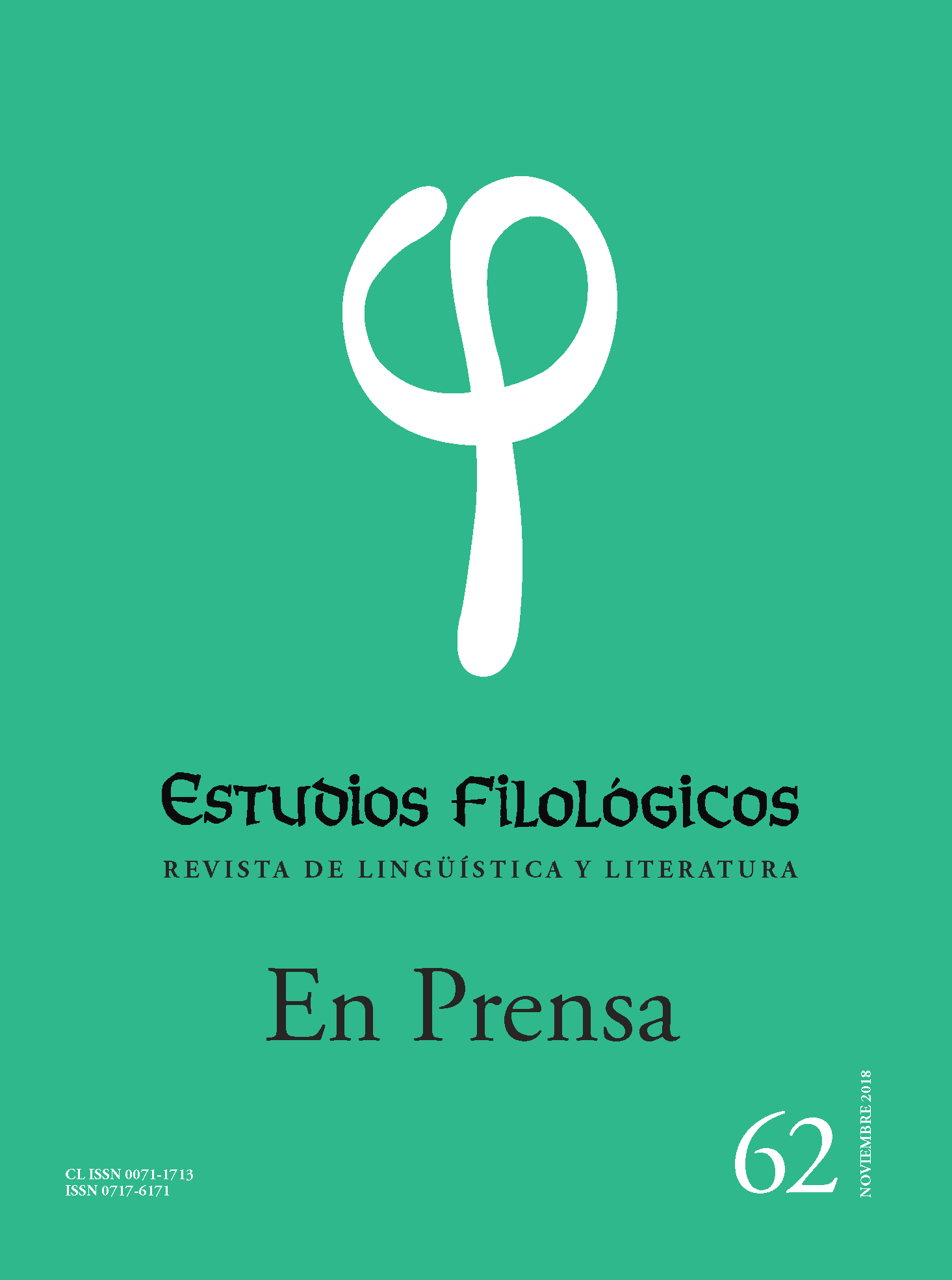Kafka and singleness
Main Article Content
Abstract
The constant presence of single characters in Kafka’s work has been a source of interest and has been interpreted as a manifestation of the enormous importance that the writer assigned to singleness, considering it an indispensable requirement to devote himself fully to literature. The article opposes this interpretation, since Kafka was only productive as a writer when he planned to marry; disappeared that “threat” and “recovered” singleness, Kafka was plunged into prolonged creative droughts, which only ended when faced with a new marriage project. Precisely, the possibility of a offspring to marry is the factor that triggers the conflicts in several stories, because it is through this that the offspring contravenes the parents’ desire that the offspring does not leave the family, remaining single. Kafka’s bitter view of singleness is because that son is prevented from achieving emancipation, and that when he tries to obtain it he is severely punished. Although death is the most frequent punishment, there is a second possibility: expulsion from the group and condemnation to an abject and meaningless life, marked by recalcitrant singleton. Curiously, this second option allows the offspring to achieve emancipation, which, while not full, allows him to live isolated from the group, as do the animals of the Kafkaesque bestiary.

